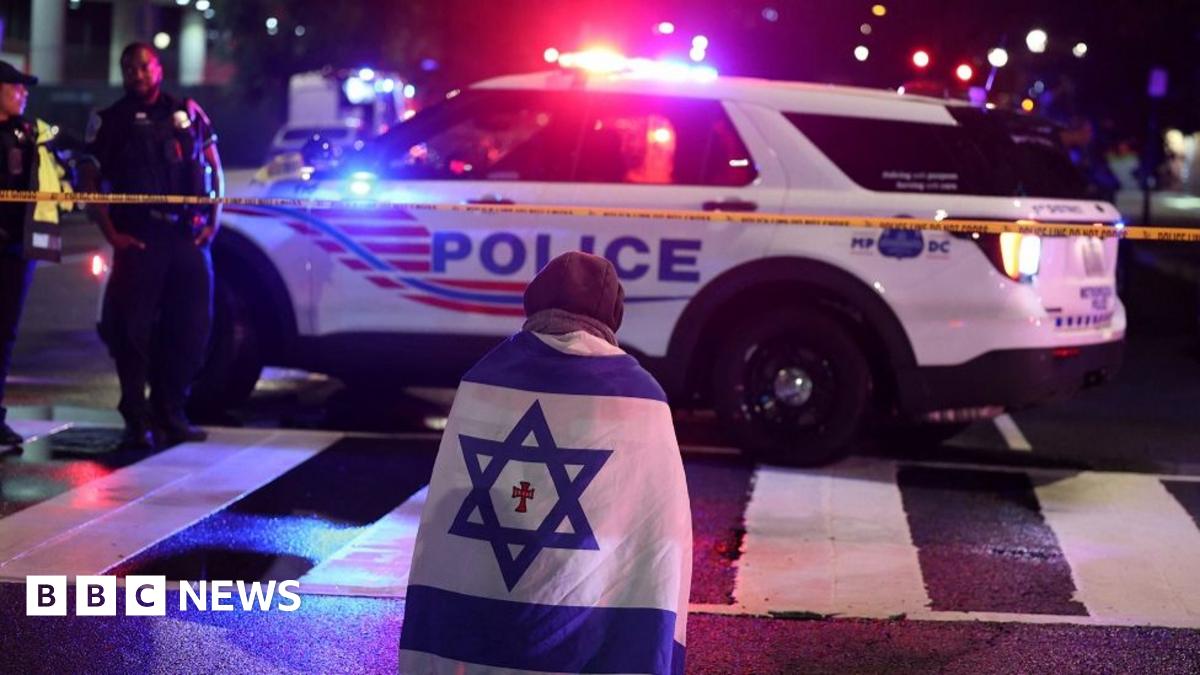UK Halts Trade Talks with Israel and Imposes Sanctions on West Bank Settlers Amid Gaza Conflict

London, UK – In a significant escalation of diplomatic pressure, the United Kingdom has suspended free trade talks with Israel and announced sanctions targeting West Bank settlers. This move, swiftly following Prime Minister Rishi Sunak's pledge of “concrete actions” if Israel didn’t curtail its military offensive in Gaza, underscores the growing international concern over the escalating conflict.
The suspension of trade talks marks a tangible setback in the UK-Israel economic relationship, which has been steadily developing in recent years. While the full extent of the economic impact remains to be seen, it sends a clear message of disapproval from the UK government regarding Israel’s actions in Gaza. The talks, aimed at expanding trade and investment between the two countries, were already facing scrutiny due to the ongoing humanitarian crisis.
Simultaneously, the UK has imposed sanctions on individuals and entities linked to West Bank settlements. These sanctions, details of which are still emerging, are intended to target those considered responsible for human rights violations and actions that undermine the possibility of a two-state solution. This is the first time the UK has directly sanctioned Israeli settlers, a move praised by human rights organizations but likely to draw strong criticism from within Israel.
The decision comes amidst increasing pressure on the UK government from within and outside parliament to take a stronger stance on the conflict. Protests have been held across the country, with demonstrators calling for an immediate ceasefire and an end to the occupation of Palestinian territories. The UK's close allies, including the United States and the European Union, have also been urging restraint and a commitment to international law.
The UK government has stated that these measures are intended to be targeted and proportionate, aimed at influencing the behavior of those responsible for exacerbating the conflict. However, critics argue that the sanctions are insufficient and that the UK should be doing more to hold Israel accountable for its actions. The government maintains that it continues to support a two-state solution and is working towards a lasting peace in the region.
The situation remains highly volatile, and further diplomatic and economic measures are possible in the coming days and weeks. The UK's actions reflect a growing international consensus that a renewed effort is needed to de-escalate the conflict and address the underlying causes of the ongoing tensions between Israel and Palestine. The long-term implications of these decisions on UK-Israel relations and the broader peace process are yet to be fully understood, but they signal a significant shift in the UK’s approach to the conflict.

![Harga Tiket Pantai Musiman Melonjak di [Nama Kota Pantai], Pengunjung Murka!](https://i.dailymail.co.uk/1s/2025/05/15/21/98426965-0-image-a-4_1747340010574.jpg)



